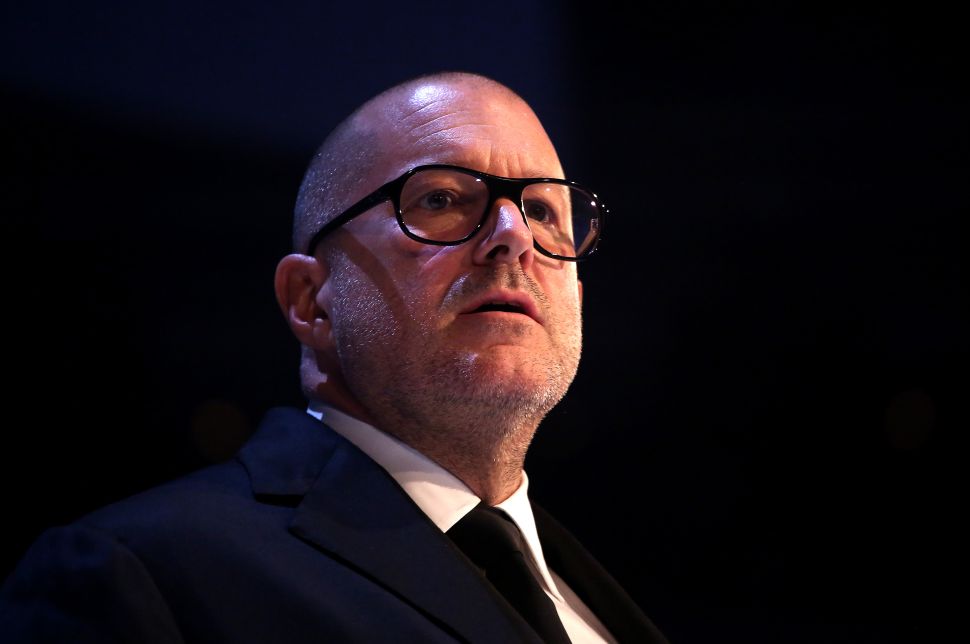OpenAI CEO Sam Altman isn’t content with smartphones or laptops as the primary interfaces for A.I. in daily life. Good thing he has Jony Ive, the famed designer behind the iPhone, to help imagine what comes next. In its largest acquisition to date, OpenAI will buy out Ive’s year-old hardware startup, LoveFrom’s io, in a $6.5 billion deal. The merger, announced today (May 21), brings together Altman and Ive’s shared vision to create “a new family of products” built specifically for A.I., according to a blog post from OpenAI.
“I have a growing sense that everything I have learned over the last 30 years has led me to this moment,” said Ive, who will take on design and creative responsibilities across OpenAI and io via his design firm LoveFrom but remain independent from the A.I. company, in a statement. “While I am both anxious and excited about the responsibility of the substantial work ahead, I am so grateful for the opportunity to be part of such an important collaboration.”
Ive was first introduced to OpenAI after his son began experimenting with ChatGPT, he shared in a video accompanying the announcement. That curiosity led to a meeting with Altman, where the two began envisioning new hardware better suited to A.I.—a collaboration that inspired Ive to found io in 2024.
The startup was co-founded by Ive, who left Apple in 2019, along with several former Apple colleagues including Scott Cannon, Evans Hankey and Tang Tan. All are expected to join OpenAI with io’s 55-person team, reporting to OpenAI’s vice president of product, Peter Welinder. The company also received early backing from Emerson Collective, the investment firm founded by Laurene Powell Jobs.
Though Ive is known for shaping Apple’s minimalist design language—from the iMac and iPad to the iPhone—both he and Altman stress that their new project is not just another sleek gadget. Instead, they aim to rethink the way we interact with technology. The future device, they say, will be less clunky than a laptop and less screen-focused than a smartphone. “What it means to use technology can change in a profound way,” said Altman, adding that he hopes to “bring some of the delight, wonder and creative spirit that I first felt using an Apple Computer 30 years ago.”
Details about the device remain under wraps. This isn’t OpenAI’s first foray into consumer hardware—the company previously integrated its models into Humane’s $699 wearable pin, which ultimately failed to gain traction. The startup shut down operations shortly after the product’s launch.
Still, Altman is already enthusiastic about what’s to come. According to OpenAI’s video, Ive recently gave him a prototype to test at home. “I think it is the coolest piece of technology that the world will have ever seen,” said Altman.

